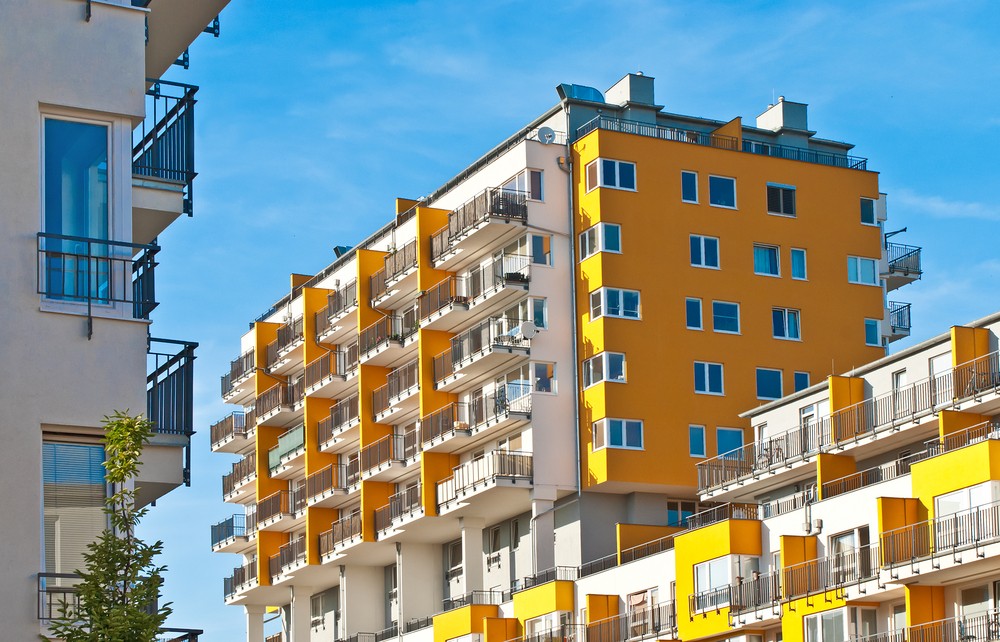The Prague City Council is in the process of developing new regulations for the rental of municipal flats. The objective, as stated by Deputy Mayor for Housing Alexandra Udženije (ODS), is to enhance the assessment of applicants. Udženije conveyed this information to the Czech News Agency. The draft rules, which were recently discussed by the council’s housing committee, have faced criticism from the Platform for Social Housing in an open letter. They are also opposed by the Prague Soba party, the opposition party.
According to a previous analysis, Prague owns approximately 7,000 flats, while an additional 23,000 are managed by the city districts, which have their own leasing policies. Udženije mentioned that the rules for the municipal fund have undergone several changes in recent years, and the new regulations aim to bring stability to the process of allocating apartments. The new system is designed to prioritize professionalism in the allocation process, provide long-term incentives for tenants, and ensure transparency in the rules.
The current evaluation system, based on a points system, is perceived by the deputy mayor to be unfair to certain groups of residents, such as single mothers with one or two children or young families with children. “The existing rules have led to a fifteen-fold increase in complaints against social tenants in just the last three years. Rules and lease agreements are frequently violated,” added Uzhenia.
However, the NGO Platform for Social Housing opposes the new draft rules and has submitted an open letter to the city administration requesting a review. According to the organization, eliminating the scoring system would be a mistake as it guarantees objectivity, transparency, and helps prevent corruption in decision-making. The letter argues that the proposed rules would undermine the role of council flats as a safety net for households that don’t meet the criteria of individual districts.
One major concern highlighted by the platform is the requirement that only individuals with a currently valid lease or sublease agreement would be eligible to apply for the apartments. “From our perspective, focusing on individuals who already have housing doesn’t make sense. Housing should be provided to those in need,” the letter states. The platform argues that the entry criteria are too strict and fail to target people in housing need, such as those who are homeless or living in insecure accommodations like hostels or shelters.
The platform also takes issue with the requirement of permanent residence in the metropolis for at least five years. According to the organization, many people without long-term secure housing have been residing in Prague for extended periods without changing their permanent residence. Furthermore, the limitation of renting flats to people in social distress for a maximum period of four years and the exclusion of applicants in foreclosure and insolvency are seen as problematic.
Udženije emphasizes the importance of individualized application assessments, as people’s situations cannot be reduced to a points-based system. “For the first time, experts from the Social Services Centre will be involved in evaluating applications based on their expertise. The purpose of social welfare is to help clients return to a ‘normal’ life, not to keep them trapped in the cycle of social welfare,” she responded to the letter.
The opposition Praha Sobě party has also criticized the intention. Jan Čižinský, the party’s leader, stated, “In addition to abandoning the transparent points system, which allows for objective comparisons among applicants, the proposed system eliminates any control over the distribution of public housing. Social policy cannot realistically be carried out without access to housing.”


















